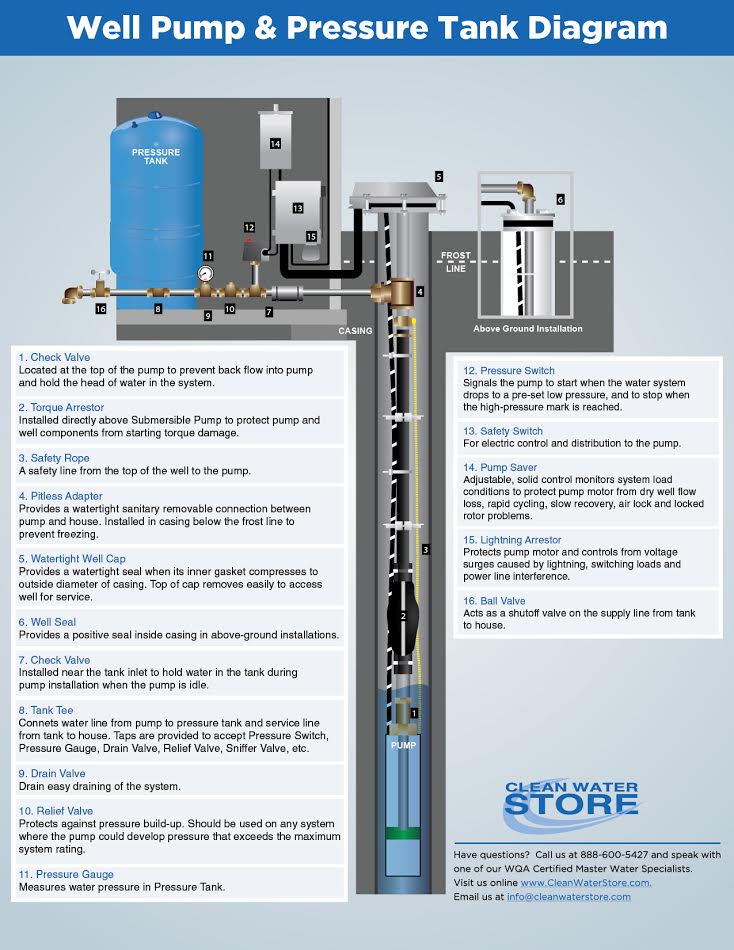Decoding Your Home's Water Pressure: The Pressure Switch Explained
Ever wonder how your shower magically delivers a consistent stream of water, no matter what’s happening elsewhere in your house? Or perhaps you've been frustrated by fluctuating water pressure that makes showering a less-than-pleasant experience? The unsung hero behind this everyday convenience is your house water pump pressure switch. This small but mighty component is essential for regulating water pressure throughout your home, ensuring a smooth and consistent flow for all your needs.
The pressure switch acts as the brain of your water pump system. It constantly monitors the water pressure in your pipes and signals the pump to turn on when the pressure drops below a certain level, and off when it reaches the desired high point. Without this automated system, you'd be faced with either constantly running pumps or frustratingly low water pressure.
Understanding the mechanics of your home water pressure switch can empower you to troubleshoot problems, perform basic maintenance, and even make informed decisions about upgrades or replacements. This knowledge is particularly valuable for homeowners with well water systems, as they rely entirely on pressure switches and pumps to deliver water to their homes.
Let’s delve deeper into the world of residential water pressure control. We'll explore the history and evolution of these essential devices, discuss their crucial role in modern plumbing, and address the common issues that can arise. We’ll also offer practical tips for maintaining your water pump pressure switch and ensuring it continues to provide reliable water pressure for years to come.
From the earliest hand pumps to the sophisticated electronic systems we use today, the quest for consistent water pressure has driven innovation in plumbing technology. The modern water pressure switch is a testament to this progress, offering a reliable and largely automated solution to a fundamental household need.
While pinpointing the exact origin of the pressure switch is difficult, its development is intrinsically linked to the rise of electric water pumps. As electric pumps became more common in homes, the need for an automatic control mechanism to regulate their operation became apparent. Early pressure switches were simple mechanical devices, but they laid the groundwork for the more sophisticated models we see today.
A water pressure regulator is often used in conjunction with a pressure switch, especially in municipal water systems. While the pressure switch controls the pump, the regulator limits the incoming water pressure to a safe and consistent level, preventing damage to pipes and fixtures. In well water systems, the pressure switch takes on the primary role of maintaining pressure.
Three key benefits of a properly functioning water pressure switch are consistent water pressure, prolonged pump lifespan, and water conservation. Consistent pressure ensures a comfortable showering experience and efficient operation of appliances like washing machines and dishwashers. By cycling the pump on and off only when necessary, the switch extends its lifespan and reduces energy consumption. This controlled operation also contributes to water conservation by minimizing wasted water.
Advantages and Disadvantages of Different Pressure Switch Types
| Type | Advantages | Disadvantages |
|---|---|---|
| Mechanical | Simple, affordable, easy to replace | Less precise, prone to wear and tear |
| Electronic | Precise control, longer lifespan, more features | More expensive, requires more complex troubleshooting |
Best Practices for Pressure Switch Maintenance:
1. Regularly check the pressure gauge reading and adjust the switch settings as needed.
2. Inspect the switch for leaks or signs of corrosion.
3. Ensure the wiring connections are secure.
4. Have a professional inspect the switch annually.
5. Know the location of your pressure switch and how to shut off the water supply in case of an emergency.
Troubleshooting:
Low water pressure could indicate a faulty pressure switch, a clogged filter, or a problem with the well pump itself. Short cycling (pump turning on and off frequently) might be caused by a small leak in the system or an incorrectly set pressure switch.
FAQ:
1. What is a water pump pressure switch? - It controls the pump based on water pressure.
2. How does it work? - It senses pressure and signals the pump.
3. How do I adjust it? - Consult your owner's manual.
4. What are common problems? - Short cycling, low pressure.
5. How do I troubleshoot? - Check gauge, look for leaks.
6. When should I replace it? - When it malfunctions and can't be repaired.
7. How do I choose the right one? - Based on your pump and pressure needs.
8. Where can I buy one? - Hardware stores, plumbing supply stores.
Tips and Tricks: Always consult a professional plumber for complex issues. Maintaining correct pressure ensures longevity of your plumbing system.
In conclusion, the house water pump pressure switch plays a vital role in delivering consistent and reliable water pressure to your home. From showering and washing dishes to watering your garden, this often-overlooked component makes modern living possible. Understanding its function, maintenance, and potential issues empowers you to address problems proactively and ensure the smooth operation of your water system. Taking the time to learn about your pressure switch can save you money on repairs, extend the lifespan of your pump, and ensure a comfortable and convenient water supply for years to come. Whether you have a well water system or are connected to a municipal supply, understanding the role of the pressure switch and regulator can greatly improve your home's water efficiency and overall comfort. By following the tips and best practices outlined in this article, you can take proactive steps to maintain optimal water pressure and prevent potential problems. Don't underestimate the importance of this small but mighty device—it truly is the unsung hero of your home's plumbing system.
The captivating dynamic of hyun cha x hyuk lee in sweet home
Dr neff general surgery
Unlocking the mystery of 4000 divided by 20














